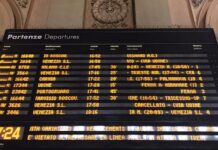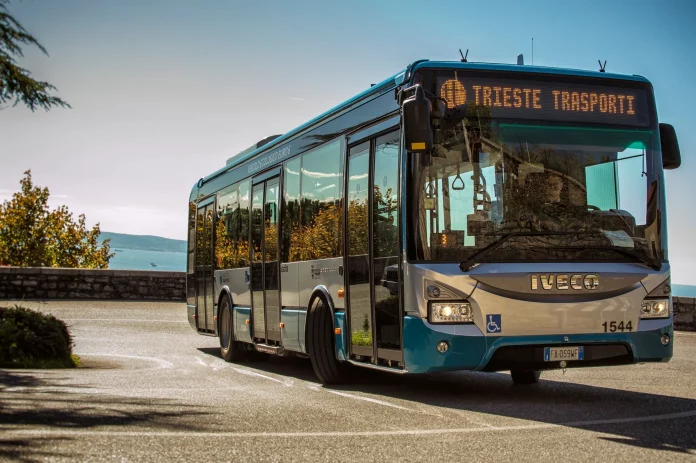by InTrieste
The looming 24-hour public transport strike in Italy, set to unfold on Friday, December 15, will affect the towns of Trieste, Udine, and Gorizia in our region. Trade unions, undeterred by Transport Minister Matteo Salvini’s attempts to curtail their plans, have revived the strike initially slated for November 27, adding to the disruption faced by commuters nationwide.
Local bus, subway, and tram services in Trieste, Udine, and Gorizia will bear the brunt of the strike, as detailed strike timetables promise transportation chaos throughout the region. Salvini’s injunction, aimed at shrinking the initially proposed 24-hour strike to a mere four hours, triggered outrage among unions and has escalated the ongoing dispute.
Salvini’s deployment of similar measures in the past, notably to limit the impact of a previous general strike, has further strained relations between the government and trade unions. In a statement issued on November 24, Salvini defended the right to strike as “sacrosanct” but asserted his commitment to minimizing citizens’ inconvenience, citing the increasing frequency of transportation-related strikes.
Trade unions swiftly responded, characterizing Salvini’s move as “anything but unexpected” and underscoring the gravity of his decision. A joint statement by the unions declared, “We reject the illegitimate reduction and challenge the anti-strike minister on December 15.”
As the strike ripples across the nation, Trieste, Udine, and Gorizia prepare for disruptions in public transport. In Trieste, local services will be affected throughout the day. Residents of Udine and Gorizia can also expect interruptions to local transportation services, adding complexity to daily commutes.
The unions’ motivations extend beyond a mere clash with Salvini, encompassing demands for improved pay, enhanced working conditions, increased workplace safety, and a staunch resistance against privatization. Residents of Friuli Venezia Giulia are urged to stay updated on the strike’s impact and duration through official channels, as the tension between workers’ rights and the provision of consistent public services escalates in the lead-up to the holiday season.






























